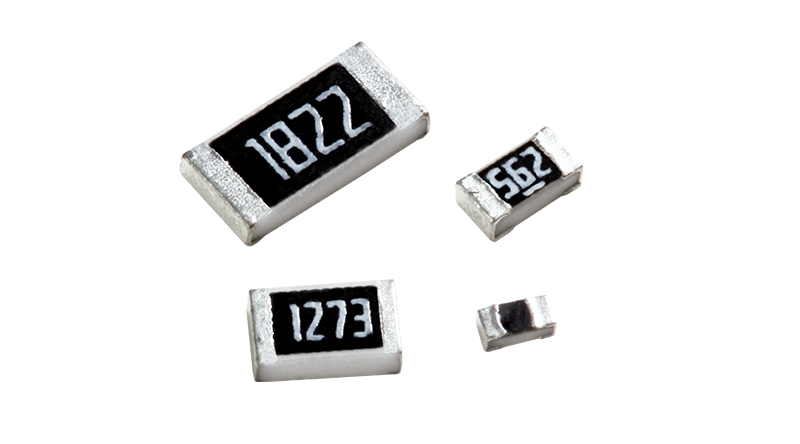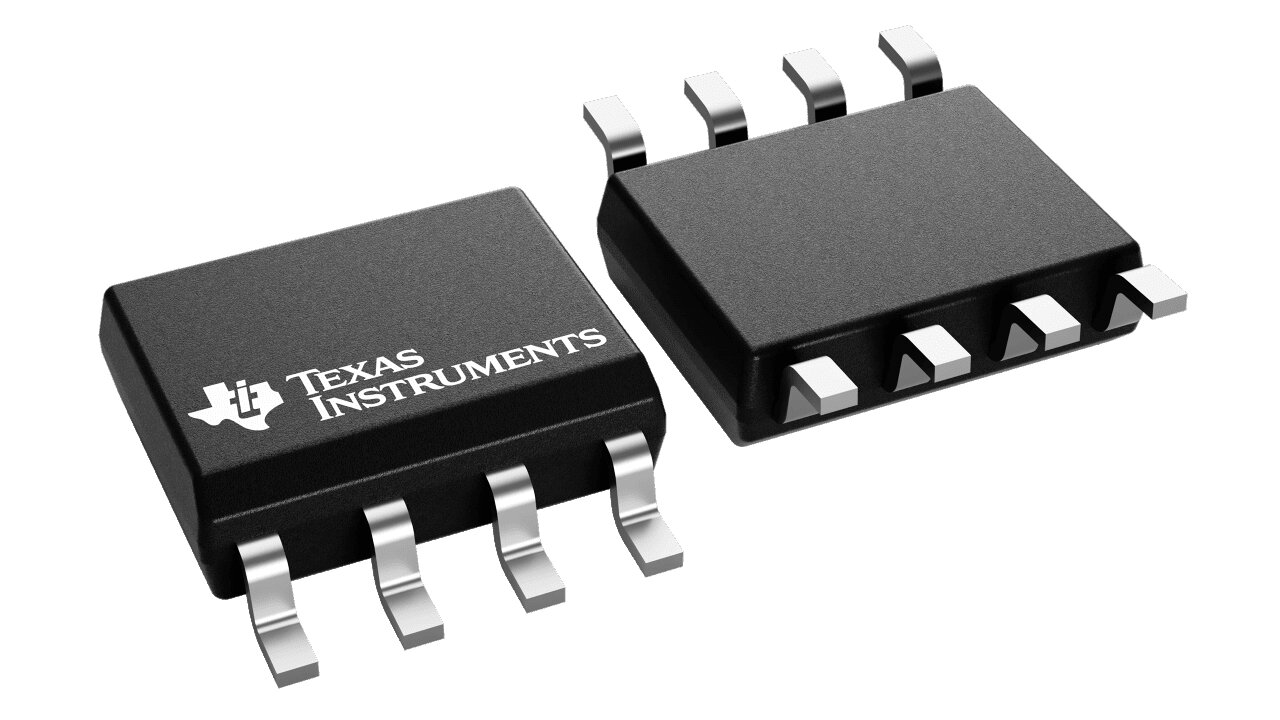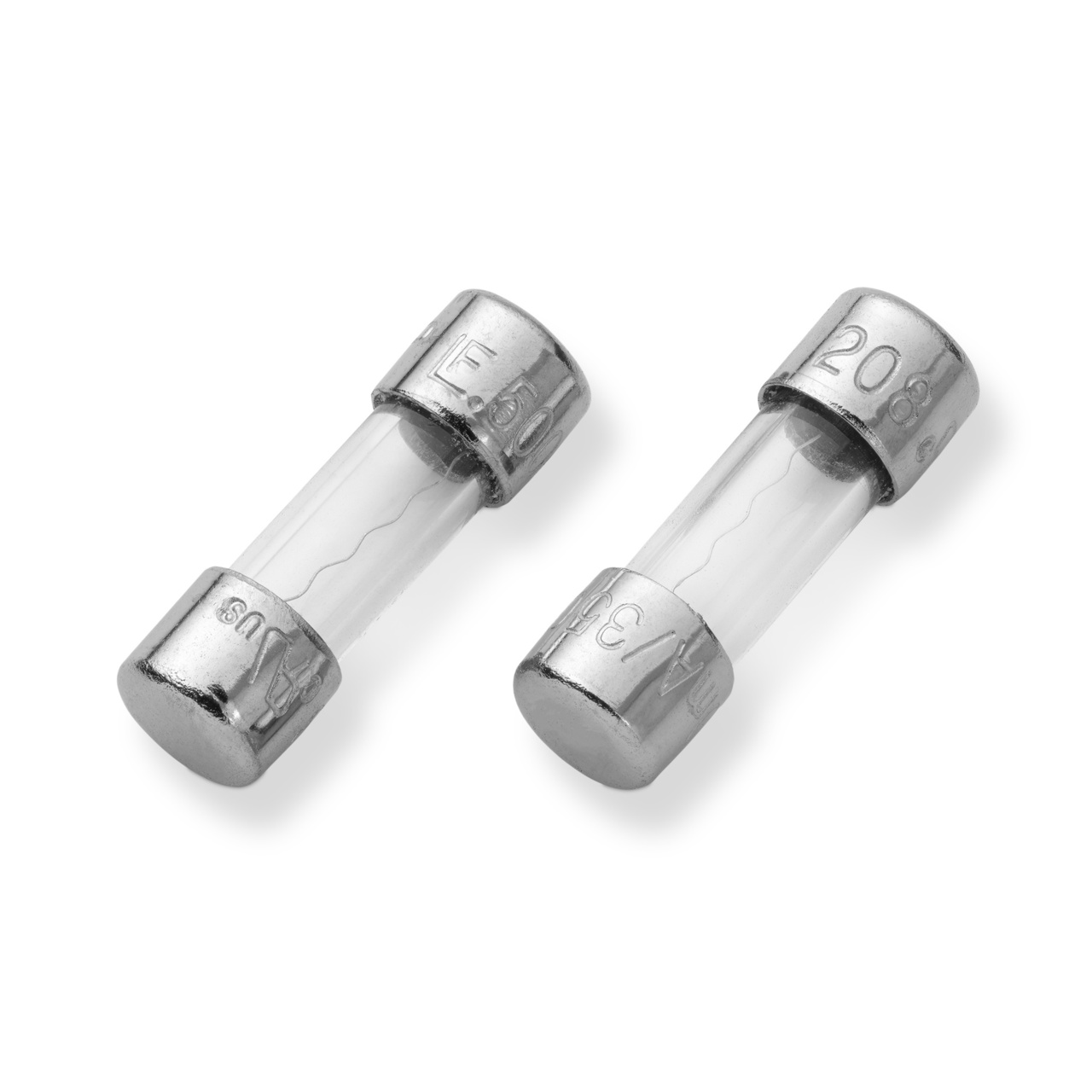The small temperature coefficient of resistance has a significant impact on the accuracy of sensors, manifested in the following aspects:
1. Improve measurement accuracy:
Resistors with a small temperature coefficient have a smaller change in resistance value when the temperature changes, which means that the sensor output signal is more stable, thereby improving the accuracy of measurement results. This is particularly important for applications that require precise temperature measurement, such as medical equipment, industrial process control, etc.
2. Reduce temperature errors:
The temperature of the sensor itself will vary with the ambient temperature, which in turn affects its output accuracy. Resistors with low temperature coefficients can reduce this effect because their resistance values do not change significantly at different temperatures, thereby reducing the impact of temperature changes on sensor readings.
3. Stability and reliability:
Resistors with lower temperature coefficients usually have better long-term stability and reliability. This is very important for sensor systems that require long-term continuous operation, as they can provide sustained and stable output, reducing the need for maintenance and calibration.
4. Reduce calibration requirements:
Due to their small temperature coefficient, resistors typically require less calibration as their resistance changes less at different temperatures. This not only reduces maintenance costs, but also improves the applicability of sensors under different environmental conditions.
5. Improve linearity:
For sensors that rely on resistance changes to measure temperature, such as the PT100 platinum resistance temperature sensor, a smaller temperature coefficient means that the relationship between resistance and temperature is more linear over a wider temperature range, thereby improving the linearity and accuracy of the measurement.
6. Reduce environmental impact:
The change in environmental temperature can affect the temperature of the sensor itself, thereby affecting the output accuracy of the sensor. Using resistors with a low temperature coefficient can help reduce this environmental impact, as they are less sensitive to temperature changes.

In summary, the small temperature coefficient of resistance has a positive impact on sensor accuracy, which can improve measurement accuracy, stability, and reliability, reduce the impact of temperature changes on sensor performance, and lower the need for calibration and maintenance. This is crucial for temperature measurement applications that require high precision and stability.




